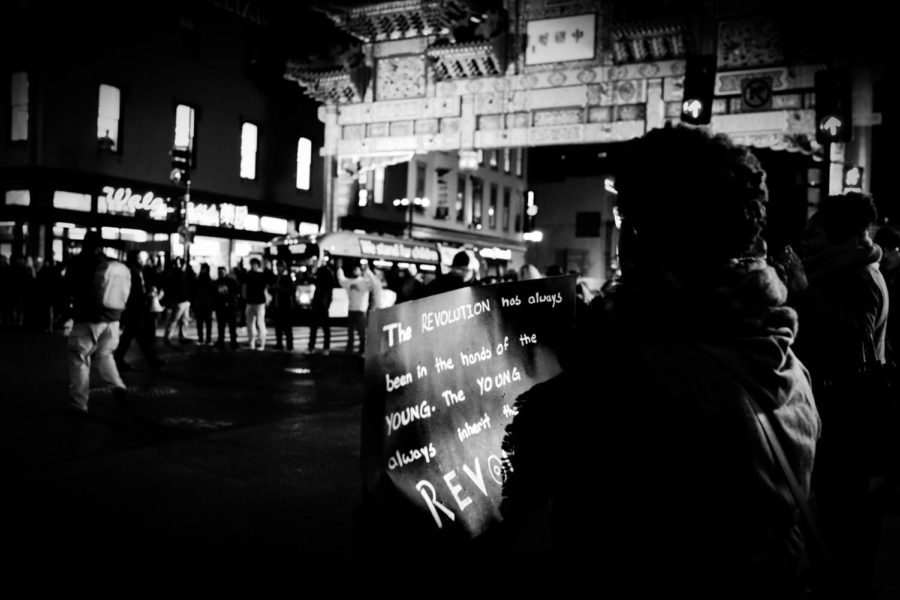Editorial: Juneteenth, Tulsa, Trump rally and oppression
The ISD Editorial Board believes the negligence of the significance of Juneteenth reflects how administrations treat race in the U.S.
June 17, 2020
President Trump received harsh criticism after scheduling his first rally in months for June 19th (or Juneteenth) in Tulsa, Oklahoma. The time and place of his rally are important since Juneteenth is celebrated as the formal end to slavery in the U.S. and Tulsa is the site of several extremely violent and deadly riots against people of color in 1921. Claiming he was unaware of the significance of Juneteenth, Trump postponed the rally to the following day. Both the scheduling of this rally and the unfamiliarity of Juneteenth serve as a symbol of the Trump administration’s intentional and unintentional oppression that continues to divide this nation.
The Trump administration strategically uses ignorance against Black and Brown communities to discredit their injustices and neglect their rights. This rally is a recent example of this, which is even more disturbing during the global Black Lives Matter (BLM) movement for racial justice after George Floyd became another victim of societal and systemic racism.
The Juneteenth rally in Tulsa was likely for the purpose of covering up the historic racism Juneteenth signifies. This would act in the opposition of the BLM movement, which is calling for the awareness of racial injustice and the end of systemic oppression. This shows that Trump and his administration are either ignoring racism and this social justice movement entirely, or choosing to override and cover up the nation’s historical and current racism with this rally.
Both explanations are acts of silencing the racism within our country that government policies often create. To dismiss the rally as a coincidence is further silencing the injustices Black and Brown people face in America.
The intent of holding a rally on Juneteenth in Tulsa is to assert his white privilege and power over their pain, the barriers they face and their demand for reformation in the name of racial justice. He continues to use manipulative symbolism to his benefit, instead of addressing the violence and prejudices that target people of color. It’s very likely the Trump administration was aware both of these events could be used to the BLM movement’s advantage to showcase the discrimination against people of color, which led to dismantling and converting these events into a Trump rally.
Postponing the rally was a better decision on his administration’s part, but it only emphasizes the fact the president of the United States was “unfamiliar with the significance of June 19th.” This is an unacceptable excuse that further overlooks the historic roots of racism that have contributed to the injustices toward Black and Brown citizens today. To be blatantly unaware of one of the most historic U.S. events shows Trump’s disregard for racial justice.
Instead, our political leaders should honor and reflect upon Juneteenth and the Tulsa race riots as reminders of the disproportionate disparities in our country. They should be used as proof and leverage for the end of systemic racism not just in the voices of peaceful protesters, but in the actions of politicians.
Trump’s history of combating social justice with ignorance can also be seen with his administration’s announcement of stripping health care protections away from the LGBTQIA+ people during the COVID-19 pandemic, Pride month and four years to the day after the Pulse nightclub shooting that killed 49 people. Insensitive is an understatement to these politicians actions.
The Tulsa race riots and Juneteenth hold more history than a Trump rally. It is imperative that the truth of our nation’s history is not used against its people in the fight for justice. Politicians’ ignorant and dismissive intentions should no longer be excused as unawareness of the past and present turmoil within this country.







